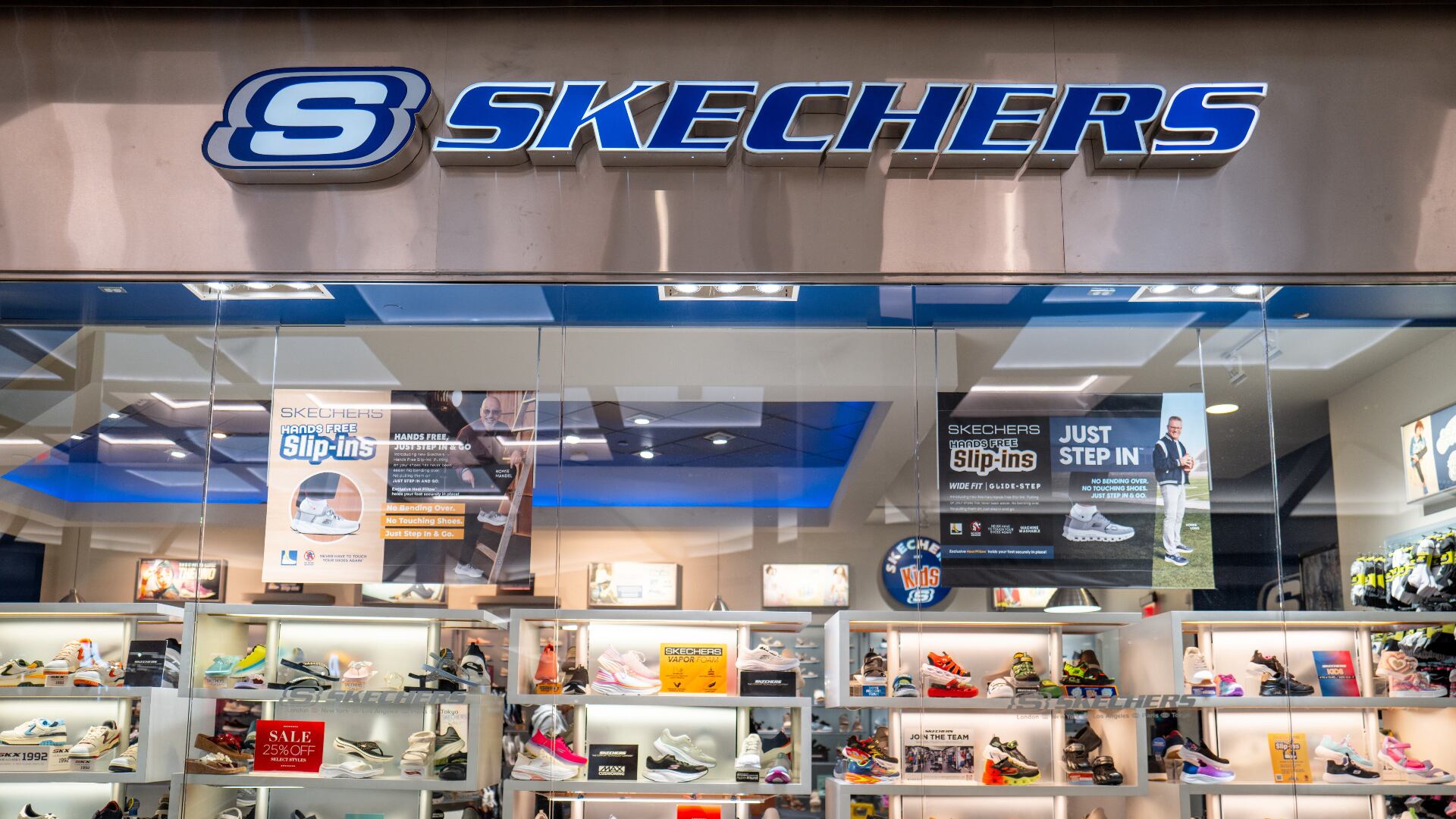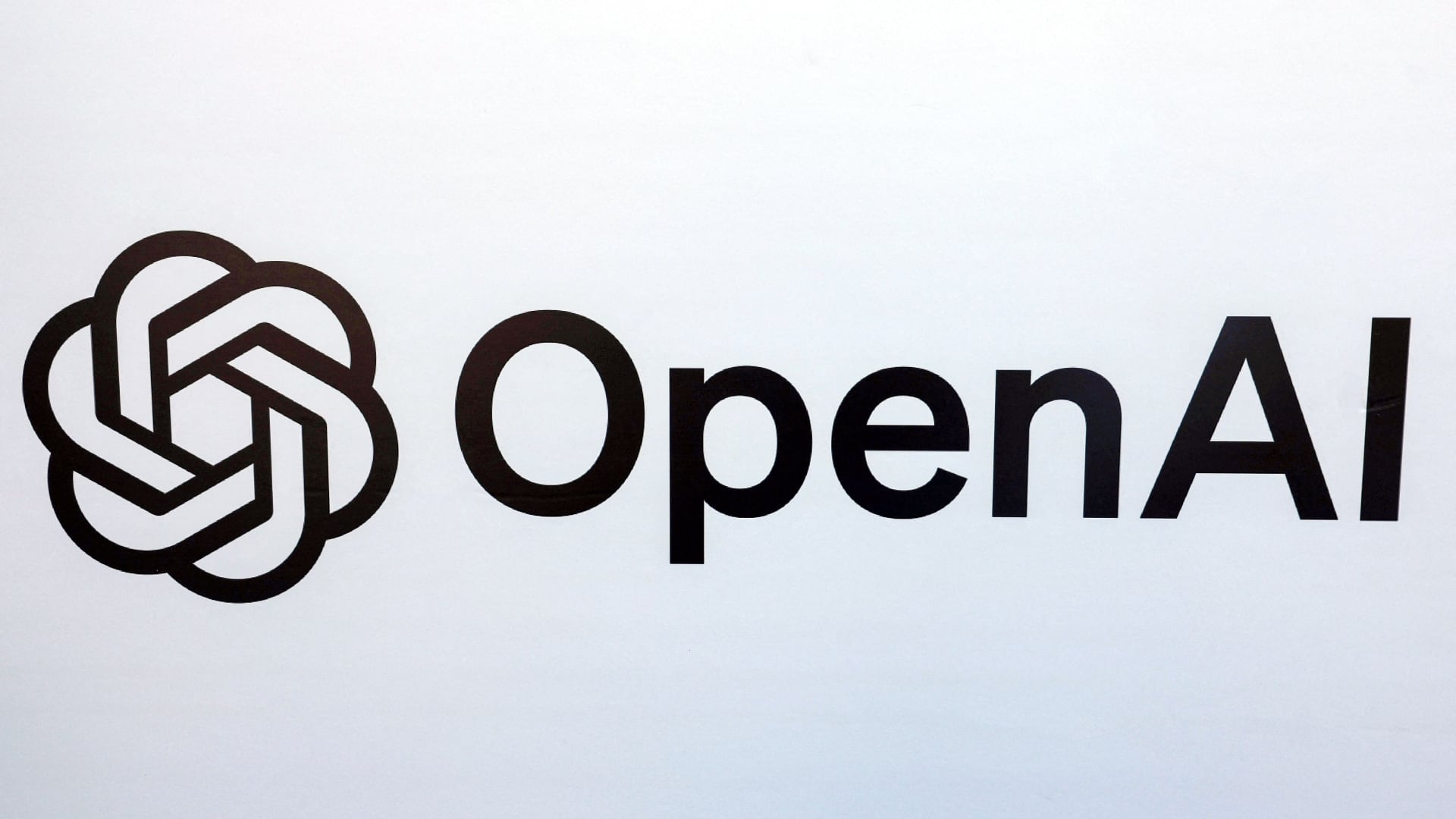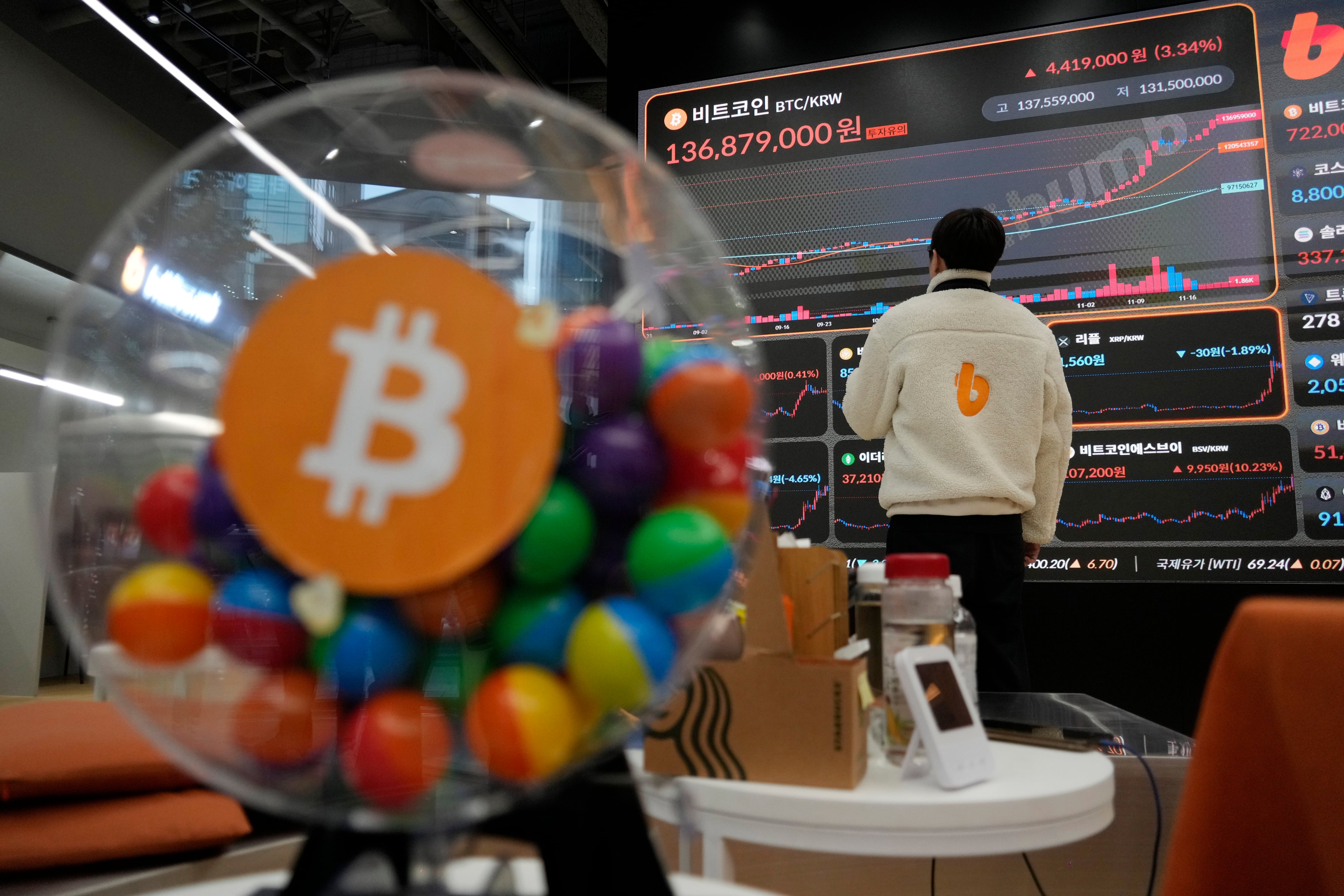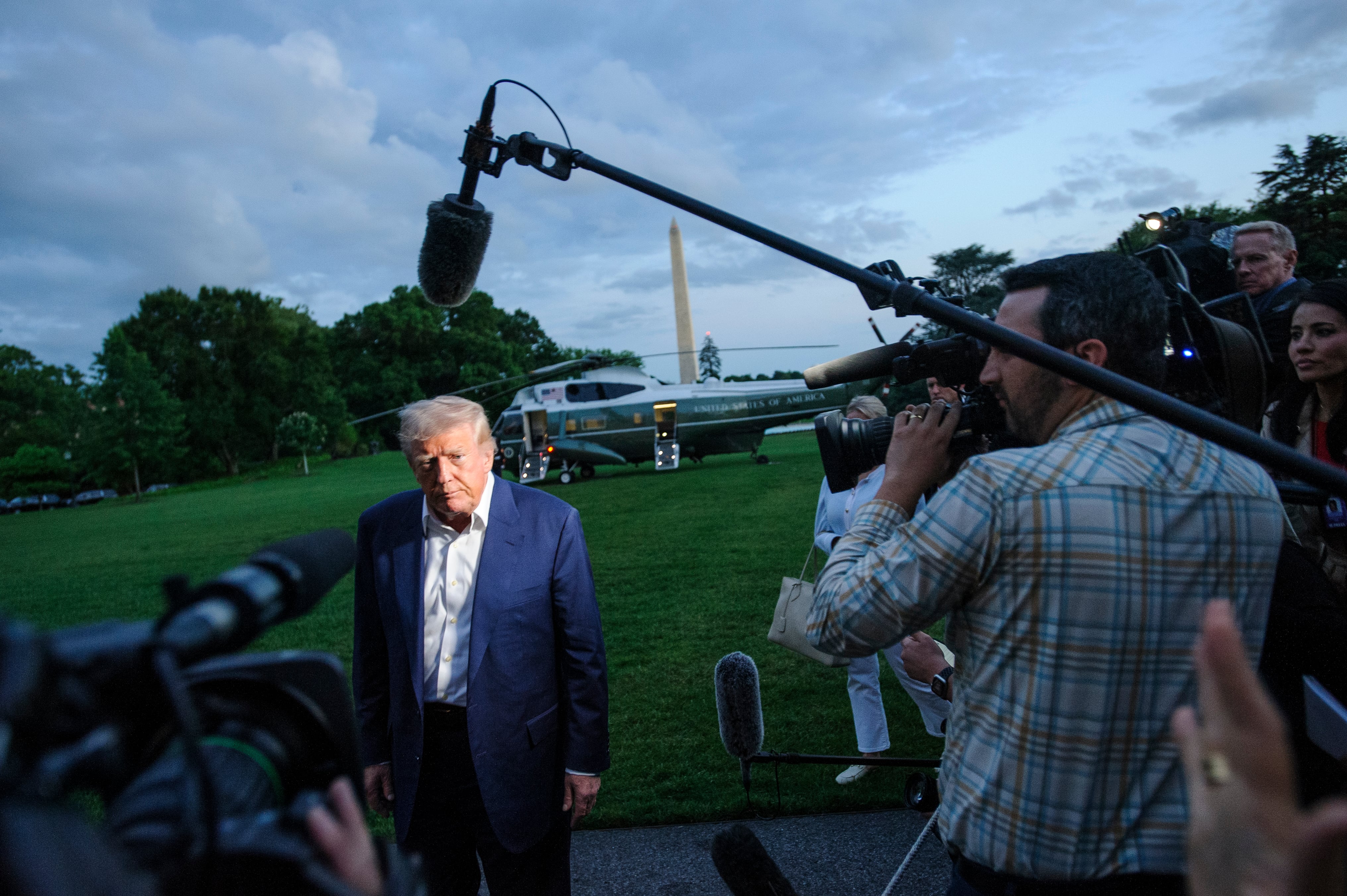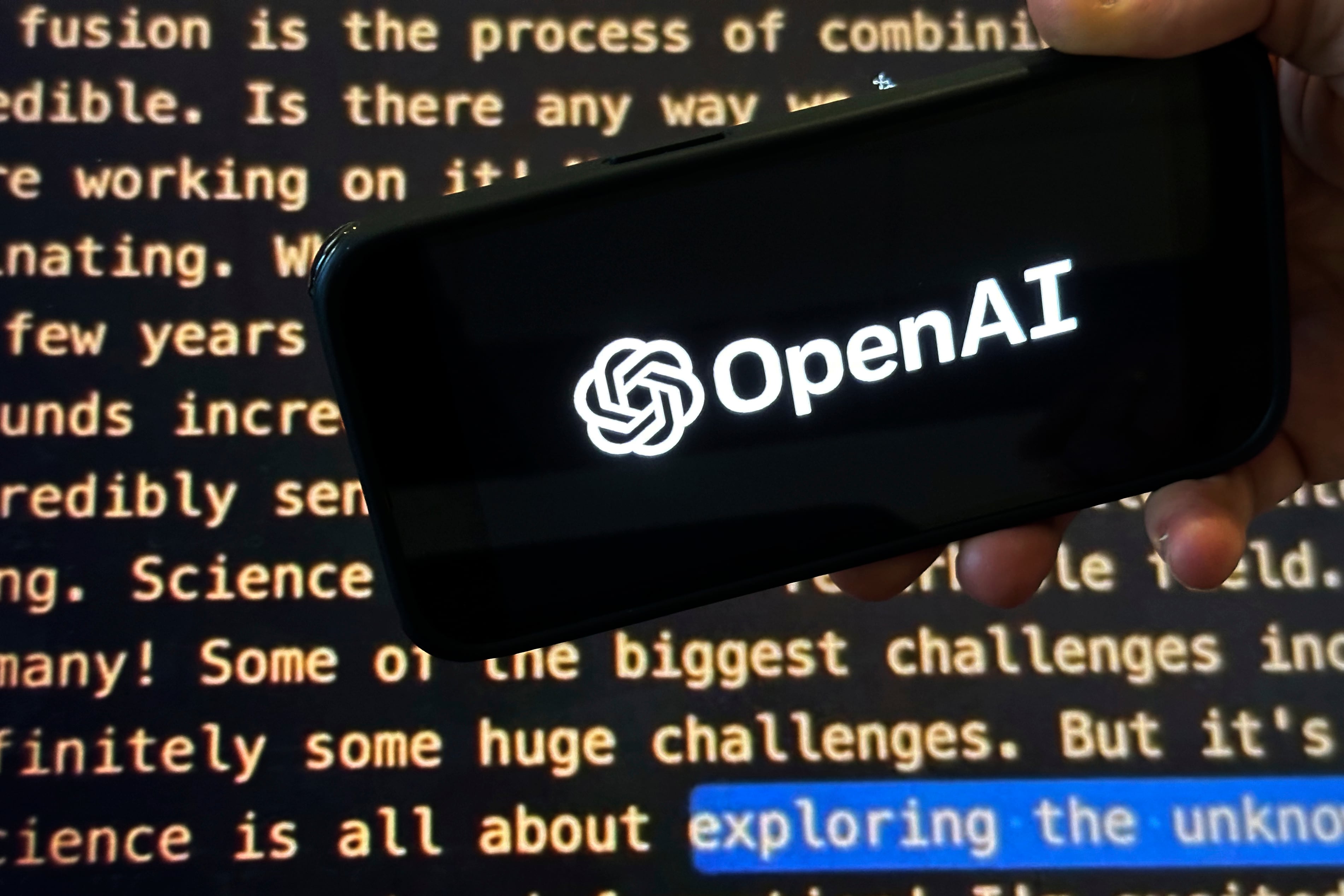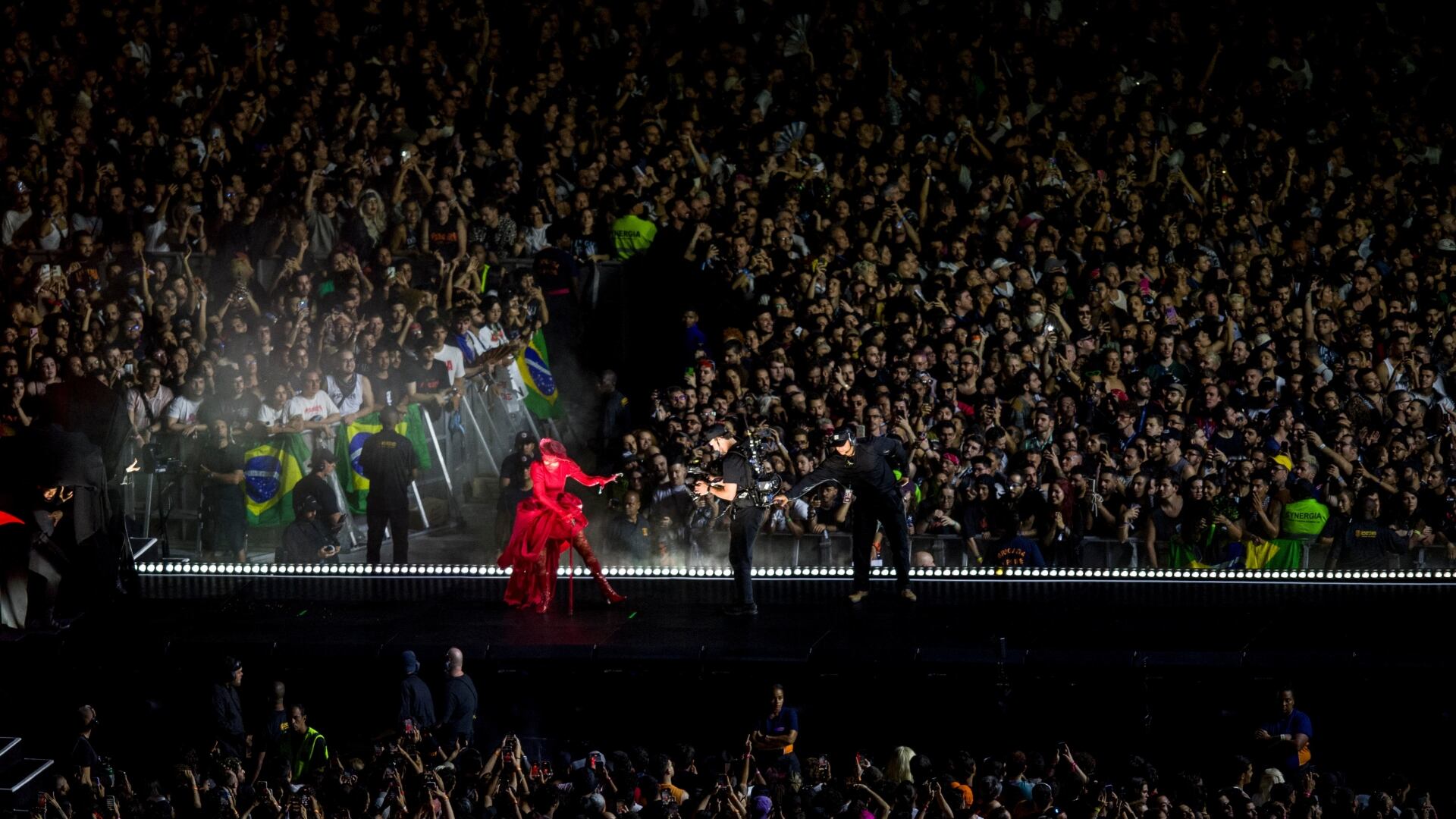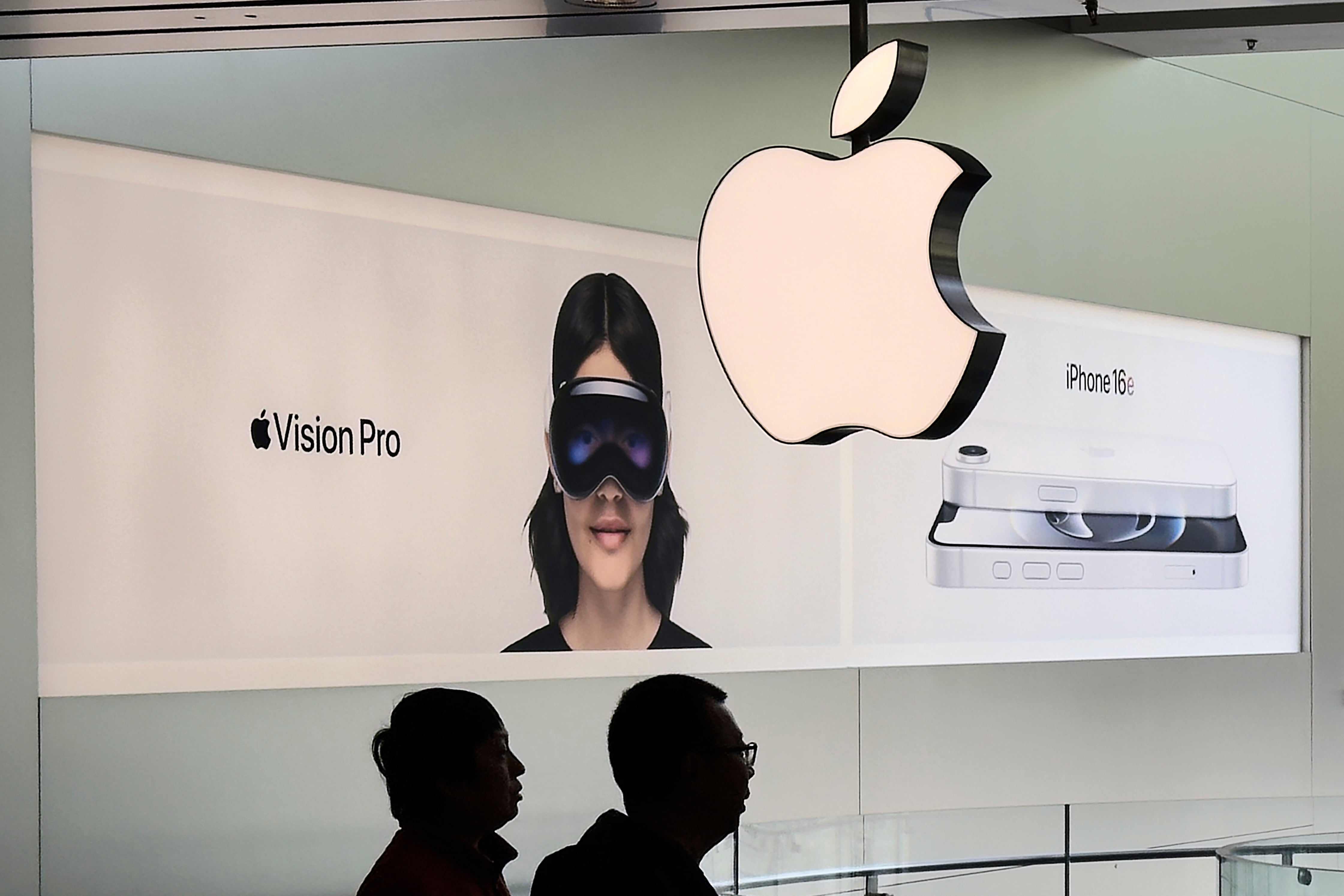From Wall Street to Silicon Valley, these are the top stories that moved markets and had investors, business leaders, and entrepreneurs talking this week on Cheddar.
STOCKS TAKE A BREATHER
With the majority of Q2 earnings now in the books — and the coronavirus-related fallout mostly coming in not as bad as feared — U.S. stocks took a breather this week. The S&P 500 flirted with a record high for most of the week but didn't quite make it by Friday's closing bell. Investors did not react much to the news that, for the first time since the pandemic began, fewer than one million people filed for first-time unemployment benefits in the week prior. Weaker-than-expected retail sales numbers for July also barely moved the market, coming against the backdrop of better-than-expected consumer confidence. Joe Biden’s decision to choose Kamala Harris as his running mate on the Democratic ticket also seemed to make investors comfortable. Meanwhile, Congress is adjourned until September, with the fate of a second stimulus bill hanging in the balance.
UBER’S ‘THIRD WAY’
Uber and Lyft said that they may have to temporarily shutdown in California if a ruling that they must classify drivers as employees is upheld on appeal. Uber CEO Dara Khosrowshahi said if that happens, it will take months for Uber to retool its business model and will likely return as a smaller, more expensive service. In a recent op-ed, Khosrowshahi argued for a “third way” of classifying gig workers that would allow them to maintain the flexibility of choosing their schedules, while providing a safety net via a benefits fund that they can draw on for specific needs, such as PTO or healthcare. Uber also wants to establish occupational hazard insurance — but says it needs state governments to mandate these changes for the entire gig economy sector.
SIMON’S SHOPPING SPREE
Simon Property Group, the largest mall owner in the U.S., is on a shopping spree amid the reckoning in retail. Brooks Brothers agreed to sell itself out of bankruptcy to a joint venture of Simon and Authentic Brands, an apparel licensing company, for $325 million. Simon, together with Brookfield Property Partners, is also said to be the leading suitor to buy JCPenney out of bankruptcy. Meanwhile, the WSJ reported that Simon has been in talks with Amazon to turn vacant department store sites, formerly leased by anchor tenants like JCPenney and Sears, as possible fulfillment centers. That would allow Amazon to get “last mile” shipments to customers even faster.
APPLE VS. EVERYONE
Apple dropped Fortnite from the App Store after Epic Games, the company that makes the enormously popular game, encouraged users to pay it directly, rather than through Apple, which takes a 30 percent cut. The move is a major escalation in one of the most contentious issues in tech: whether Apple’s dominant position with the App Store is monopolistic. (Google also dropped Fortnite from the Android App Store). Epic Games immediately filed a lawsuit in federal court against both companies, accusing them of anti-competitive practices. Spotify, which has its own long-running beef with Apple and filed a similar antitrust complaint in Europe, released a statement in support of Epic, saying the dust-up "shed further light on Apple’s abuse of its dominant position."
KODAK DEAL ON HOLD
Shares of Eastman Kodak fell off a cliff to start the week after a federal agency paused the Trump administration’s $765 million loan to the photography company until “allegations of wrongdoing” were resolved. The SEC has reportedly opened an investigation into that deal, whereby Kodak would transform itself into a generic drug maker as a way to relieve the country’s reliance on China for cheap pharmaceuticals. That deal triggered a 200 percent jump in the stock on the day it was announced. The SEC is looking into allegations of unusually high trading volume in the days leading up to the announcement while it was being negotiated in secret, including by Kodak CEO James Continenza. Kodak said Continenza regularly purchased stock and hadn’t sold any since he was hired.

